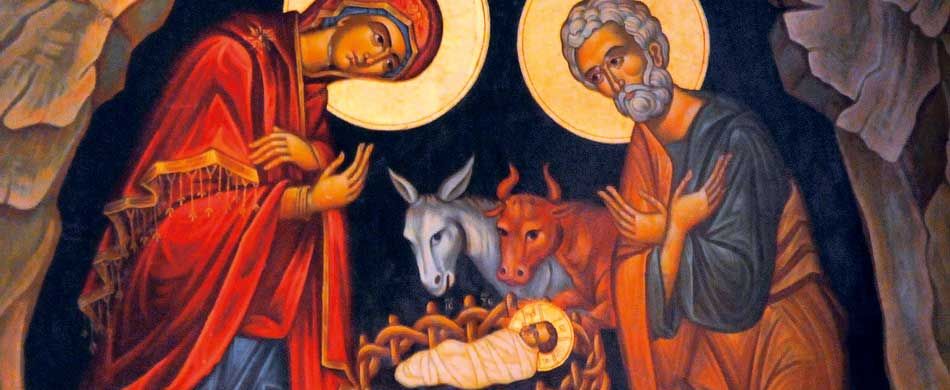DEAR reader, one of my favorite Christmas stories is The Small One. As a child, I read Charles Tazewell’s book several times, and only many years later did I discover that Disney had made a short, animated movie out of it. On first appearances the story does not even look like a Christmas tale, but toward the end an extraordinary turn of events reveals the underlying Christmas theme.
The story is about a young boy who lives with his father in the Galilean countryside. They have four donkeys: three of them are young and strong, while the fourth, named “Small One,” is old and weak. The young boy, however, is especially fond of Small One, and they play together every day before he helps his father at work.
One day the boy is told by his father that they have to sell Small One because the animal can no longer do enough work to cover the costs of his care, and they can’t afford to keep him. Devastated, the boy asks his father if he can at least try to sell his best friend to a gentle and loving master.
The following day the boy takes Small One to the market in Nazareth, but no one is in need of a “scrawny donkey.” As evening falls, and after wandering all day through the streets of Nazareth without any success, the boy sits on a street corner and starts to weep; he has lost all hope of finding a gentle owner for his best friend. However, right at that bleak moment, a kind man comes up to the boy and asks him if the animal is for sale. He needed a gentle donkey to carry his wife Mary to Bethlehem, and he assured the boy that that he would take care of it. The boy happily accepts and, as he is watching Mary, Joseph and Small One leave on their journey, a bright star appears in the sky. His old and weak friend will be one of the very few witnesses of the most important event in human history: our Savior’s birth.
Despite its simplicity, the story conveys the idea that even if we are small, scrawny donkeys like the hero of our story, we might still have a role in bringing the message of the birth of our Savior to the world.
I know there is no mention of a donkey, let alone an ox, in the Gospels of Matthew and Luke, the only two which feature the story of Jesus’ birth. However, I cannot think that the donkey and the ox are merely figments of a pious imagination or of an animal-loving sentimentality. In fact, according to some Bible scholars, the two animals have their basis in a famous prophecy by Isaiah, “An ox knows its owner, and a donkey its master’s manger: but Israel does not know; my people do not understand” (Isaiah 1:3).
The first Christians must have read in these words a prophecy that pointed to Jesus’ birth, and in particular to the fact that Christ was laid in a manger, a feeding trough for stabled animals. And so they reasonably surmised that there would be animals around the makeshift crib, in particular the donkey and the ox prophesized by Isaiah.
This suggestion must have struck Saint Francis too. In fact, the saint who, as we all know, invented the first Crib Scene as a devotional tableau, specifically asked that the Baby Jesus be depicted in his crib between an ox and a donkey. Was this just evidence of the Poverello’s love for animals? Or was Francis able to see the Nativity Scene with the eyes of the heart?
I like to think that, by some miracle, the donkey and the ox knew and understood who that Baby was. But what about us, rational creatures? Do we recognize the Lord present in the wonderful sacrament of the Eucharist? Do we recognize his presence in the signs, sacraments and mysteries of the Church? Do we see Jesus present in our neighbors, especially those who, like the Christ Child, are weak, vulnerable, helpless and needy?
It is questions like these which confront us all as we approach Christmas once again. Amidst the business of a world that is often indifferent and selfish, and which celebrates this wonderful feast with little knowledge or love for Jesus, let us pause to contemplate the Baby “lying in a manger” (Lk 2:12) between a donkey and an ox, and recognize the great and wonderful mystery of Emmanuel, the “God-With-Us.”
It is my wish that the love of God and Jesus Christ be your closest companions during and after this holy season. Merry Christmas!




